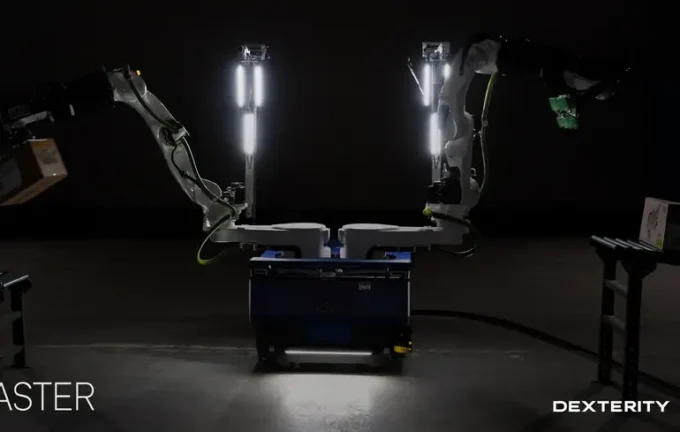How Unicorn Startups Are Transforming Robotics: The Success Story of Dexterity

In today’s world of technological innovation, the term 'unicorn' has gained increasing prominence, representing young and ambitious companies that reach extraordinary heights of growth. One of these is the California-based startup Dexterity, which recently achieved the status of one of the most influential players in the robotics industry. This company specializes in developing advanced artificial intelligence-based programs for large industrial robots. Engineers at Dexterity describe their creations as 'super-humanoids' — intelligent machines capable of performing physically demanding and hazardous tasks, penetrating domains previously considered unreachable for automation. Founder and CEO Samir Menon hints at Hollywood-inspired influences, referencing blockbuster movies about giant robots like Transformers and Pacific Rim, but emphasizes a more pragmatic aspect: robotics can not only replace human labor but also significantly enhance human capabilities, improving safety and efficiency. Currently, Dexterity’s robots can operate in extreme environments, handling high temperatures and high altitudes, which are dangerous for humans. Menon believes that humanoid robotics will soon become commonplace in airports and supermarkets. The distinguishing feature of Dexterity’s machines isn’t just their human-like appearance but their multiplied functionality—strength, endurance, and adaptability. Before going public, the company was valued at $1.65 billion, earning its place among 'unicorns' — private companies valued at over a billion dollars without public trading. The term 'unicorn', introduced by investor Aileen Lee in 2013, has become a hallmark of promising startups that grow rapidly and attract large investments. Such companies proliferate across developing sectors like AI and biotech. The number of unicorns soared in recent years, especially during 2020, marking a boom that continues into 2024, with at least six robotic companies joining the ranks, including The Bot Co., valued at two billion dollars despite not having launched any products yet. Dexterity’s founder sees robotics development as a response to the global demographic and economic crisis: with an aging population and a looming shortage of workers in manufacturing, robots will be critical in sustaining productivity and safety. Bain & Company forecasts that by 2030, the global economy will face a shortage of about 8 million manufacturing workers, amid increasing numbers of retirees. In such a future, robots designed to empower humans, not just replace them, will become essential, signaling a new era of technological integration and human-robot collaboration.

